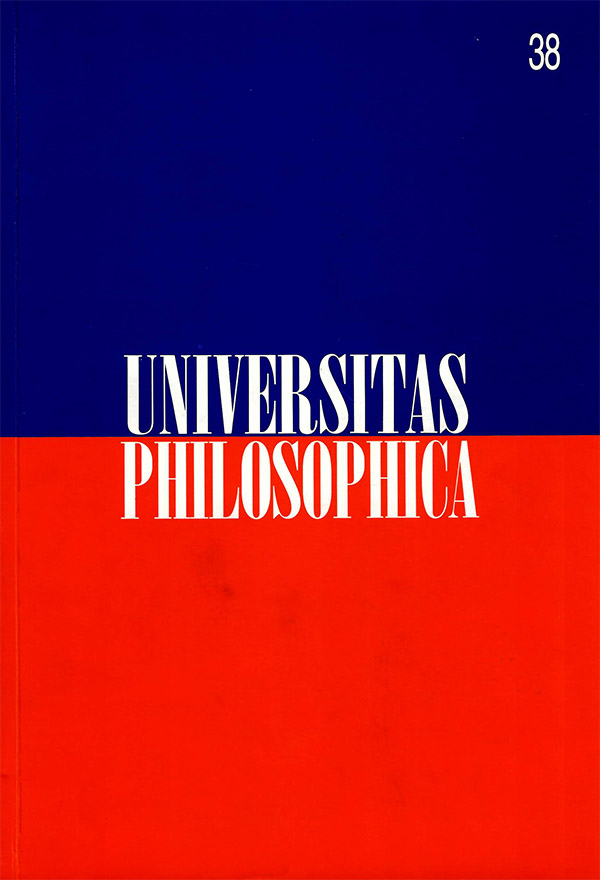Abstract
This paper presents a new reading of Parmenides' Poem on the light of a hypothesis that states that there is no radical separation between the ontic and the physiologic aspects: between the ontology and the physics of the warm and cold, of the light and the darkness. This hypothesis agrees with Julia's statement according to which Parmenides "loves the understanding of the world passionately". Also it affirms that there is an essential unity of the whole, a kind of continuity and basic correspondence between what we call nature and what we call character and thought, and what concerns them. It also warns against interpretations that state that the second part of the Poem is immature and prescindible, or incompatible with the truth. It refutes readings that say that the way of opinion is totally unreal or illegitimate, and that Parmenides' contribution to philosophy does not include it, because such contribution is somewhere else, or that Parmenides might have forgotten his very own convictions, and also against other ideas of the same kind.This journal is registered under a Creative Commons Attribution 4.0 International Public License. Thus, this work may be reproduced, distributed, and publicly shared in digital format, as long as the names of the authors and Pontificia Universidad Javeriana are acknowledged. Others are allowed to quote, adapt, transform, auto-archive, republish, and create based on this material, for any purpose (even commercial ones), provided the authorship is duly acknowledged, a link to the original work is provided, and it is specified if changes have been made. Pontificia Universidad Javeriana does not hold the rights of published works and the authors are solely responsible for the contents of their works; they keep the moral, intellectual, privacy, and publicity rights.
Approving the intervention of the work (review, copy-editing, translation, layout) and the following outreach, are granted through an use license and not through an assignment of rights. This means the journal and Pontificia Universidad Javeriana cannot be held responsible for any ethical malpractice by the authors. As a consequence of the protection granted by the use license, the journal is not required to publish recantations or modify information already published, unless the errata stems from the editorial management process. Publishing contents in this journal does not generate royalties for contributors.


